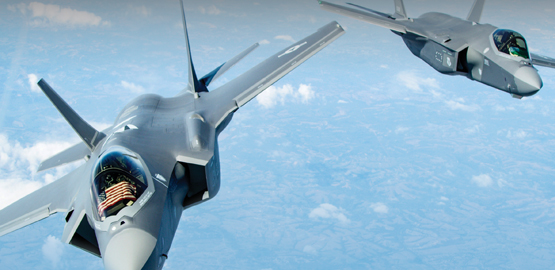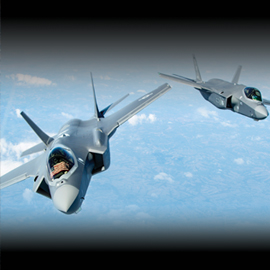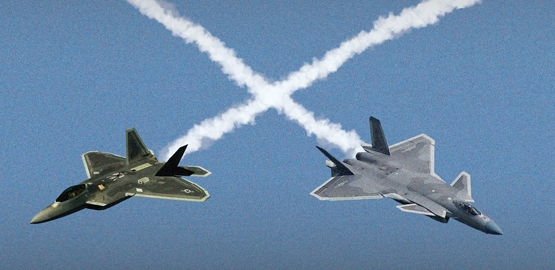Publications
"Nobody does defense policy better than CSBA. Their work on strategic and budgetary topics manages to combine first-rate quality and in-depth research with timeliness and accessibility—which is why so many professionals consider their products indispensable." – Gideon Rose, Editor of Foreign Affairs, 2010-2021
FY 2017 Weapon Systems Factbook
Each year, the Department of Defense (DoD) submits Selected Acquisition Reports (SARs) to Congress detailing the status, plans, and funding requirements for almost eighty Major Defense Acquisition Programs (MDAPs). The most recent unclassified SARs, which were submitted in December 2015 and are consistent with the President’s FY 2017 budget request, project funding and quantities for major acquisition programs extending more than thirty years into the future.
FY 2016 Weapon Systems Factbook
Each year, the Department of Defense (DoD) submits Selected Acquisition Reports (SARs) to Congress detailing the status, plans, and funding requirements for more than 80 major acquisition programs. The most recent available SARs, submitted in December 2014, project funding and quantities for major acquisition programs extending more than 30 years into the future. The SARs project that these programs will need $337 billion over the Future Years Defense Program (FYDP), spanning FY 2016 to FY 2020, and an additional $453 billion in FY 2021 and beyond.
Seven Areas To Watch In The FY17 Defense Budget
President Obama’s last budget, to be released February 9th, is his last chance to put his administration’s stamp on the nation’s defense spending.
The Cost of U.S. Nuclear Forces: From BCA to Bow Wave and Beyond
The Cost of U.S. Nuclear Forces provides an accounting of what U.S. nuclear forces cost and how much could potentially be saved by cutting those forces.
Are U.S. Nuclear Forces Unaffordable?
While costs are projected to grow over the next decade due to a "bow wave" of nuclear modernization programs, Harrison concludes that the search for savings in nuclear forces continues to be a "hunt for small potatoes."
Alternative Budgets and Strategic Choices
Regardless of the budget level Congress ultimately sets for defense, choosing where to invest or divest should be informed by the external security challenges we face and the choices we make about strategy. In this regard, likely future operating environments may serve as a useful lens for evaluating programs. In particular, forces and capabilities most viable to project power in contested environments may represent areas for preserving or expanding, while those that have been designed for relatively benign operating environments may be targets for divestiture.























